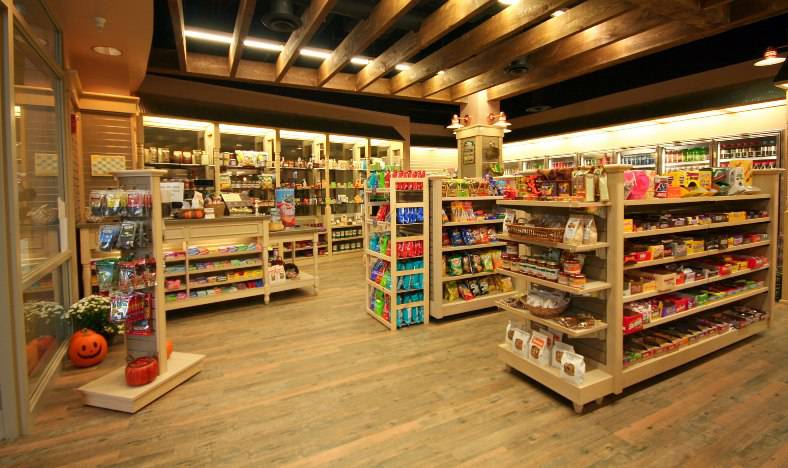Table of Content
The old-time neighborhood business selling groceries and supplies to local residents was once a staple in residential areas and small towns. As people moved to the suburbs, and large malls and supermarkets were built to serve their needs, the small retail establishments once filled with interesting items started disappearing. In a twist of fate, developers are now building loft apartments in downtown areas, designing large multifamily units, and embracing the “village” concept for suburban developments, and a new form of the traditional corner store is making a dramatic comeback. However, the modern version may not necessarily be on the corner. It could be located in a renovated historical home, placed in the nearest strip mall, or started as a free-standing retail store. It is still like the original versions in one way: it is a mini-department store selling everything from food to handmade gifts. There are hundreds of directions the business owner can take, and developing a corner store business plan can help with pinpointing the business mission and developing a strategy for successful operations.
Following are just some of the questions to consider while doing business planning for the cornered store:
• What are the defined market area and customer demographics?
• Does the market analysis indicate an adequate customer base and traffic flow?
• What type of products and services are needed in the targeted market, i.e. food items, gifts, hardware, gift items, bakery items, etc.?
• Who are the primary competitors and what do they sell?
• What will make this emporium different from the competition? For example, will it be the personalized services provided, like home delivery of orders, or products, like an inventory that is all locally sourced?
• What special permits and licenses, beyond the normal ones required for businesses, are needed to sell products and services, like a deli license or an on-location food preparation health permit?
• What type of equipment is needed for setup and ongoing operations? Equipment can include shelving, refrigeration units, sinks, kitchen appliances, cash registers, food storage units, delivery vans, and so on.
• Will the space be leased or the building purchased? Does the space need remodeling before occupancy? Who is responsible for the remodeling costs?
• What are the planned hours of operation and how will the business be staffed?
• What type of marketing strategies will be employed to attract customers?
If financing is needed to cover startup and the first few years of operation, the corner store business plan will have to present a clear case for eventual profitability and sustainability. The small retail outlets must compete with the large corporations in terms of prices. Investors will be looking for evidence the entrepreneur has carefully analyzed the market, found reliable vendors and suppliers, has developed a thorough and reasonable market plan, and has a plan for building a customer base with a high rate of repeat business. The proforma financial statements will project revenue and expense flows for at least the first five years. This type of shop is making an impressive comeback, so now is an excellent time to search for business backers who want to participate in the revival.
OGS Capital (https://www.ogscapital.com/) is experienced in business plan development and strategy development for startup or expansion. Completing and submitting the online contact form will put entrepreneurs in touch with qualified consultants who will help them bring new life to an old tradition.
Download Old Style Corner Store Business Plan Sample in pdf
Professional OGS capital writers specialized also in themes such as business plan for beauty supply store, boutique store business plan, bubble tea business plan, business plan for a cell phone, convenience store business plan, donut shop business plan and many other business plans.
OGSCapital’s team has assisted thousands of entrepreneurs with top-rated document, consultancy and analysis. They’ve helped thousands of SME owners secure more than $1.5 billion in funding, and they can do the same for you.













